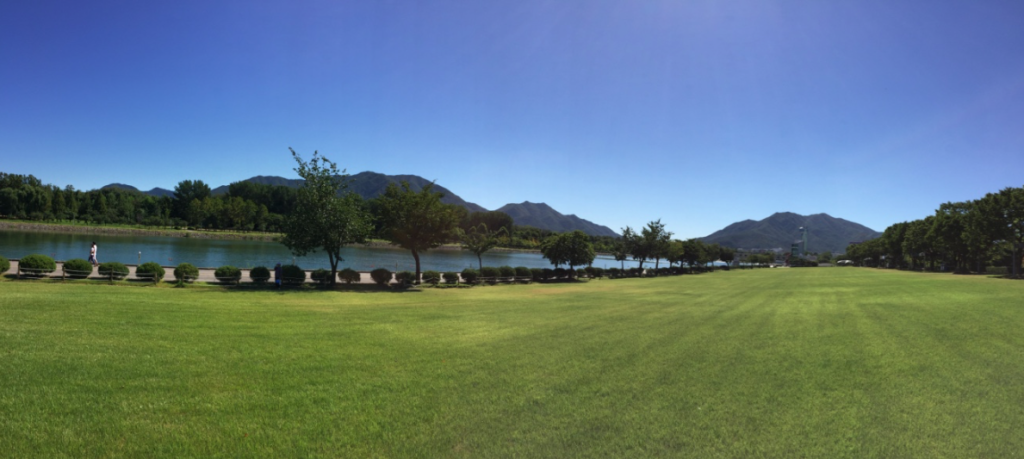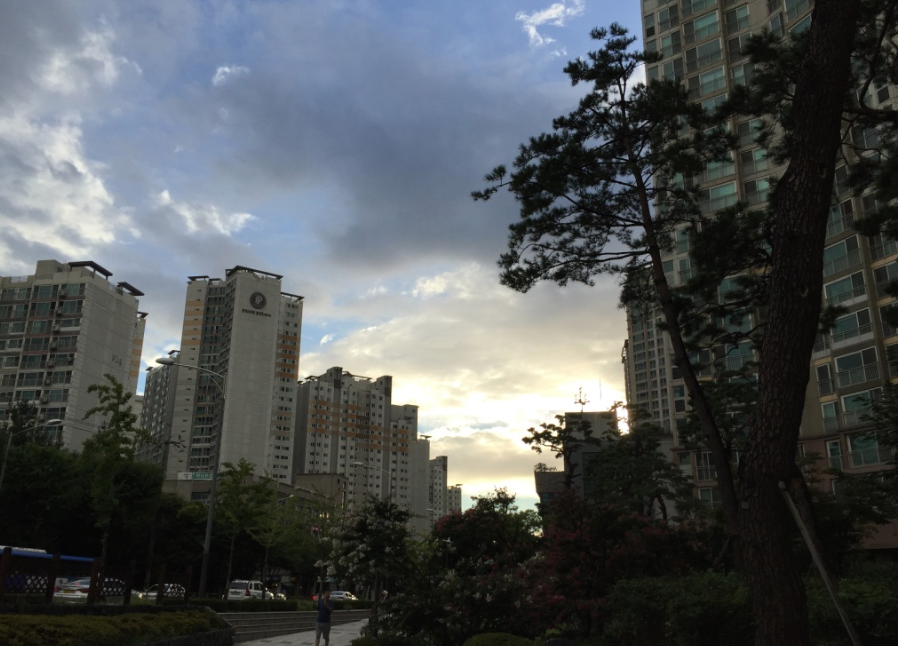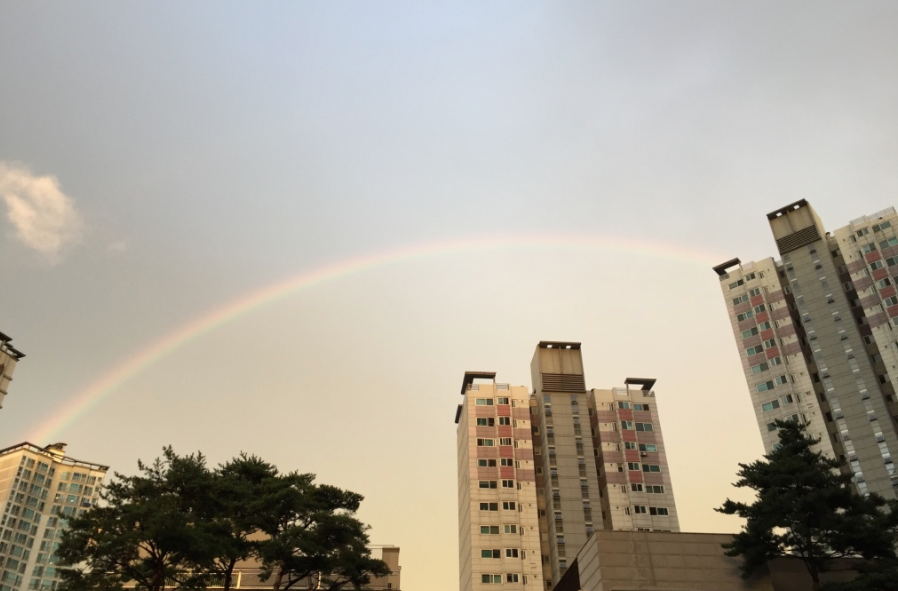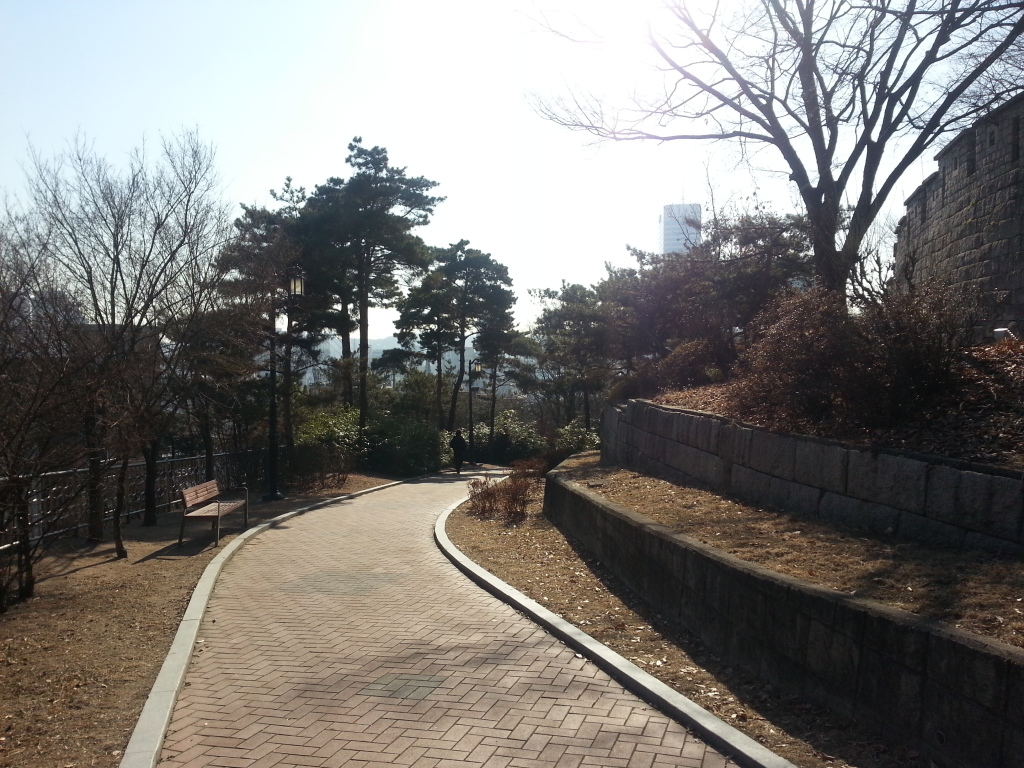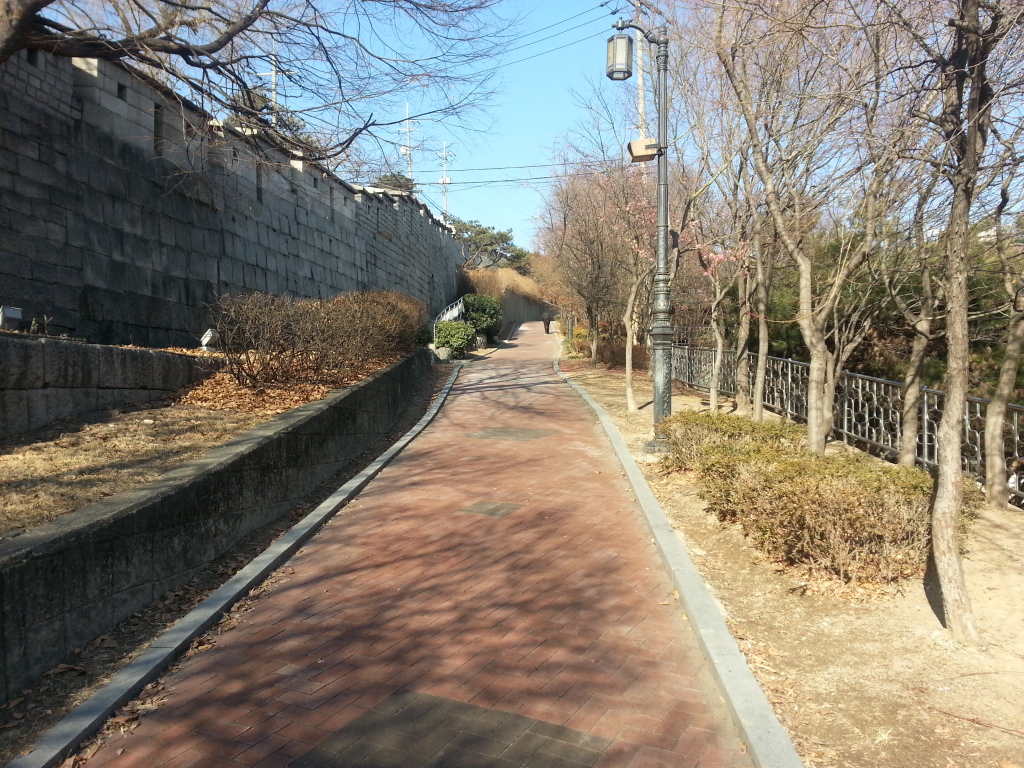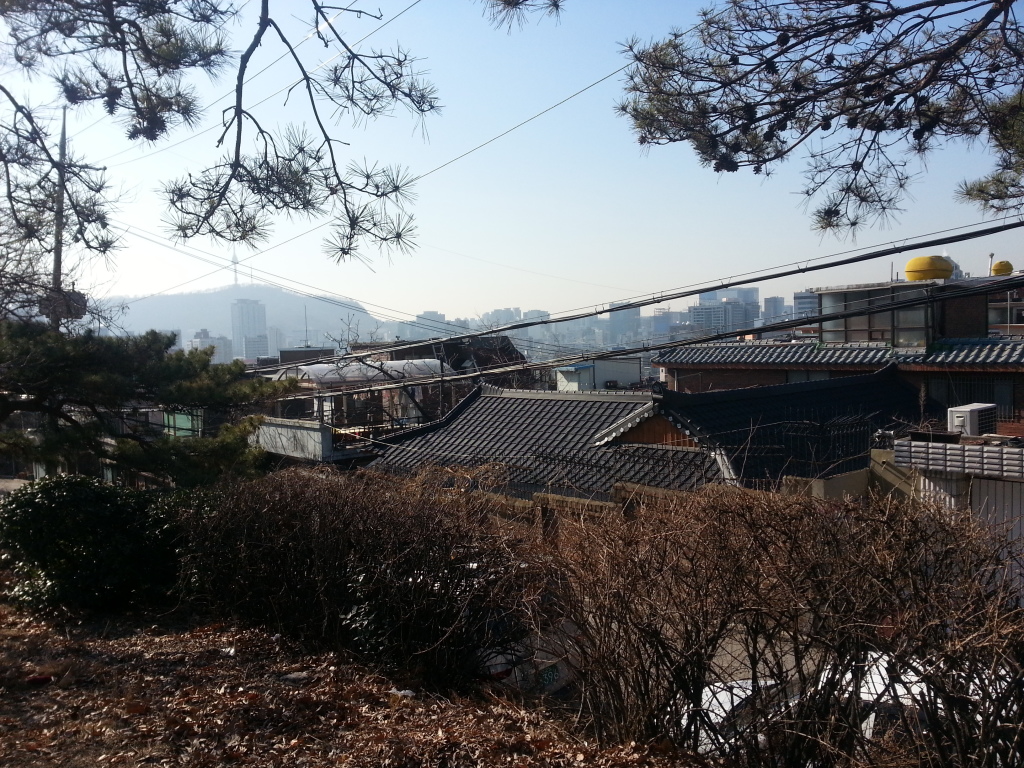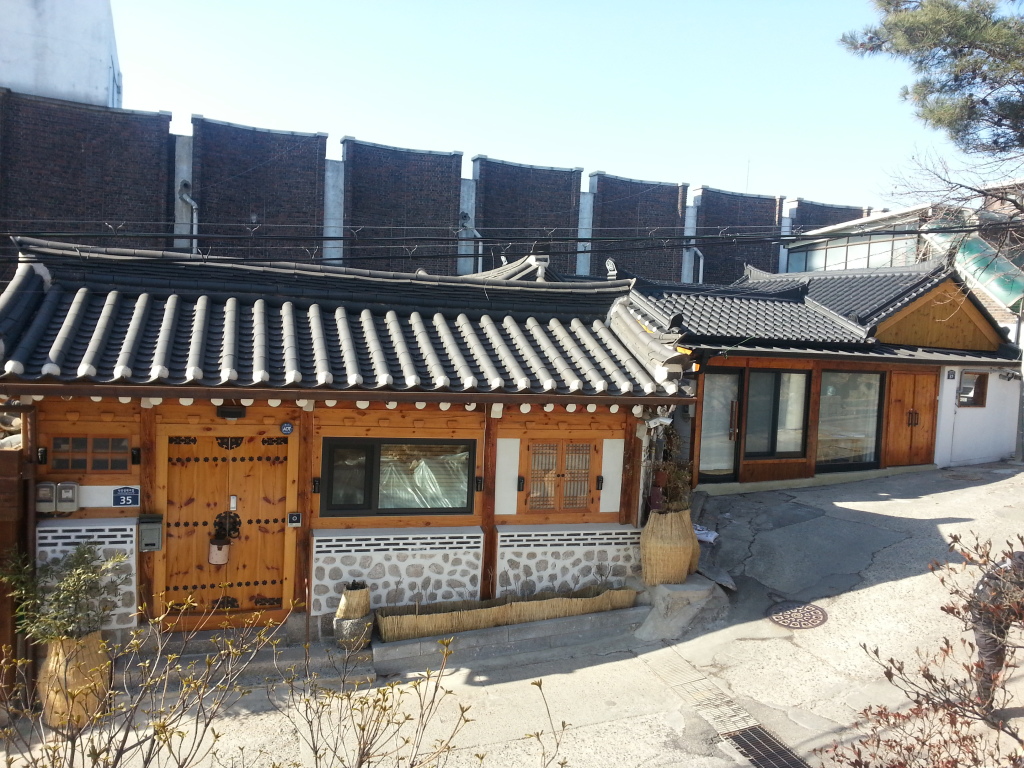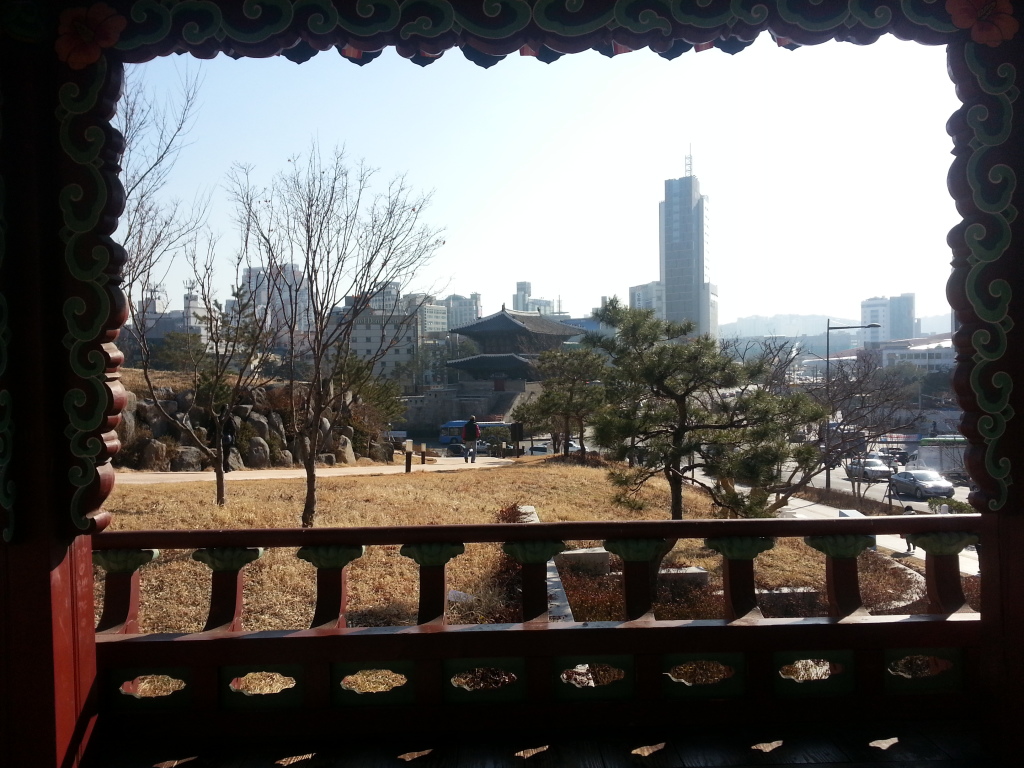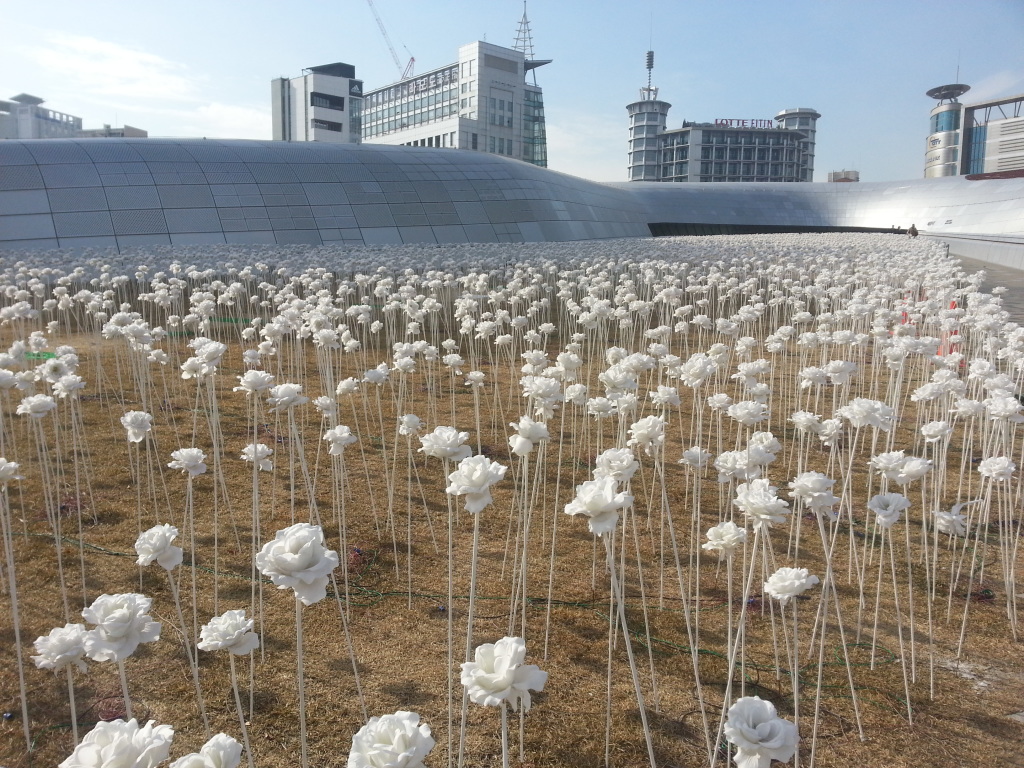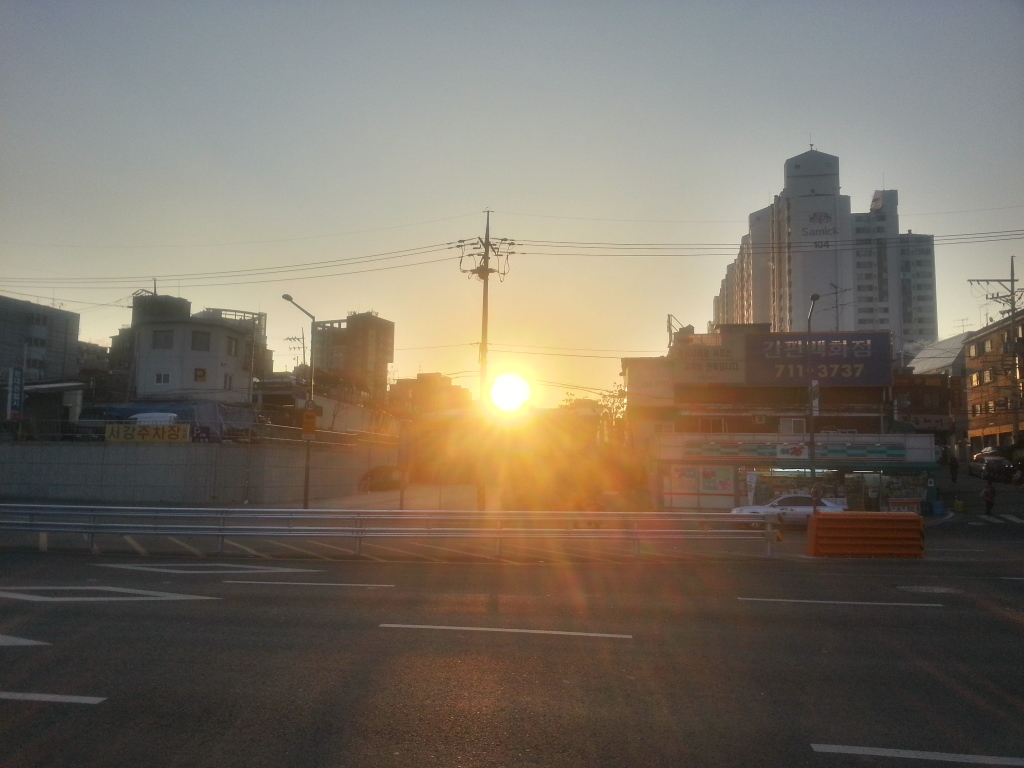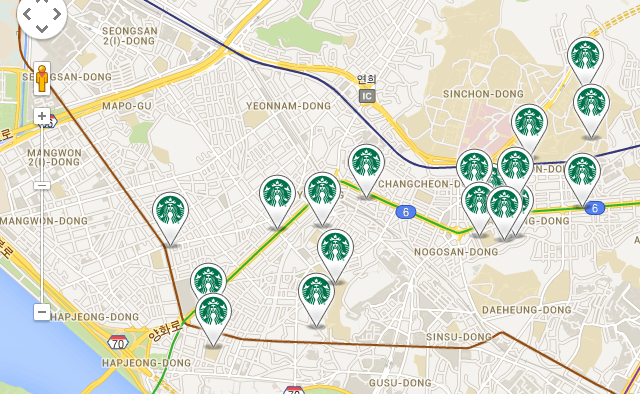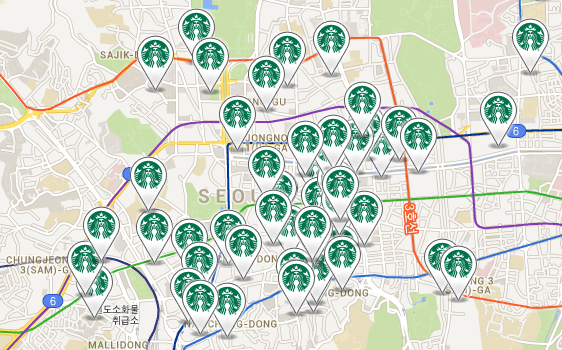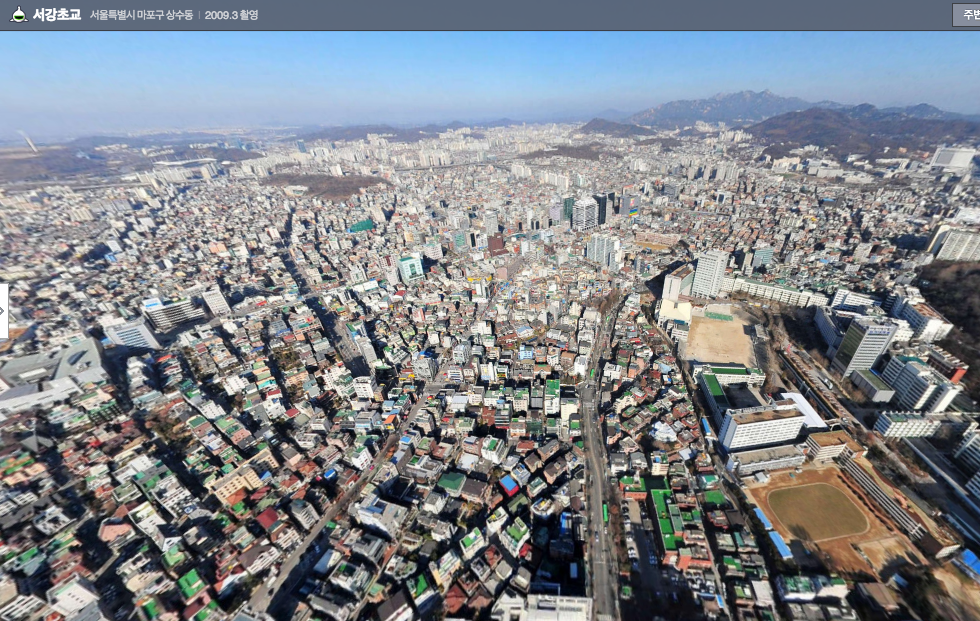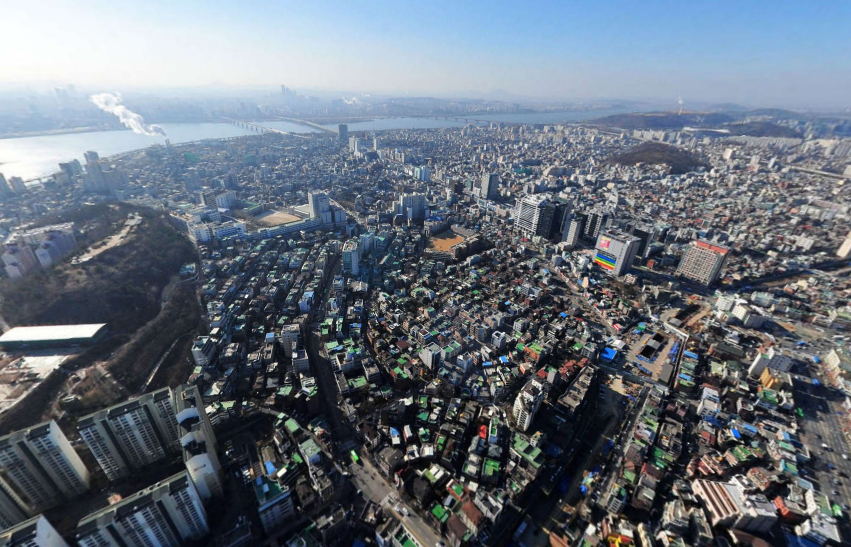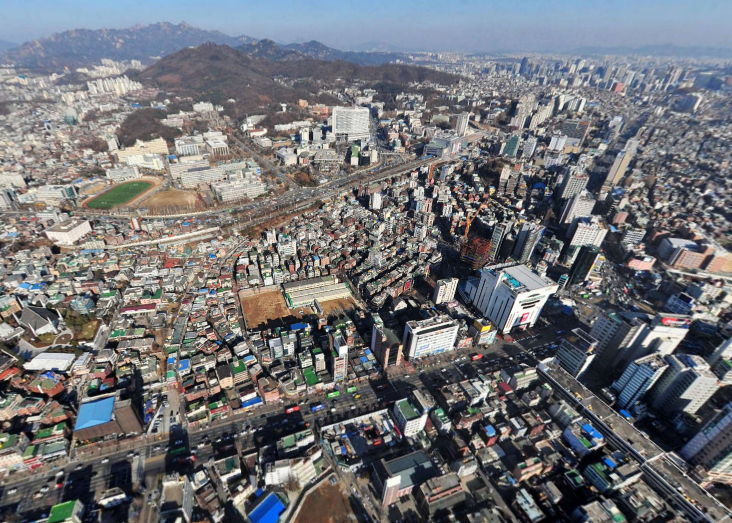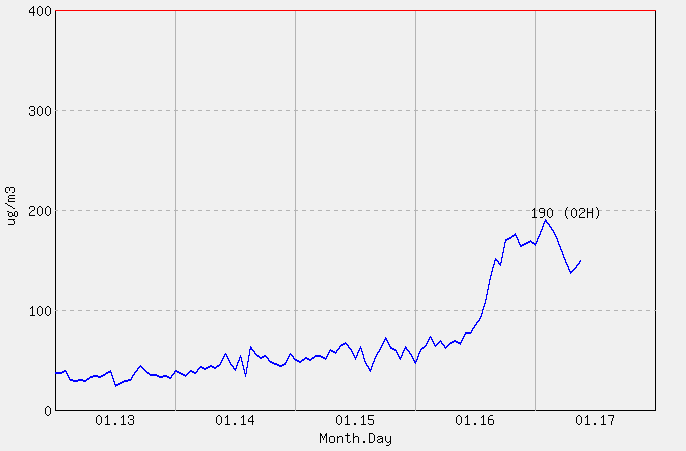As Korean culture has grown more popular all over the world, there’s also been a rise in non-Koreans who want to join in the fun. No surprise there, I guess, but it has been pretty cool to watch — and it’s been doubly fun to have been a part of it, in my small way.
First came the rise of the Korean film scene, and foreigners flocked to the big film festivals. Then TV dramas and K-pop grew and spread all over the place, and so did bloggers and people who wanted to participate — K-pop even started having auditions all over the world. And while few non-Koreans made the cut (and almost no one who didn’t look Asian), still you find more and more people of all colors and countries looking to get in on the fun.
And now, I’m seeing more people from around the world writing stories set in Korea. My own novel, Young-Hee & the Pullocho, has been in the works for years, in one form or another, and when I started it, I never would have expected to have so much “competition” (although in writing, it’s not really competition, because one person’s popularity really does help everyone else and the overall scene). Still, it’s cool to see.
Christina Farley has written a Young Adult fantasy series called Gilded that is doing very well. She lived in Korea for a eight years, teaching English at the Seoul Foreign School in Yeonhui-dong, where teaching about mythology led her to growing interested in Korean traditional stories.

Gilded is the story of an American-raised teenager name Jae Hwa who moves back to Korea and soon finds herself struggling with an ancient family curse, pursued by a demi-god and, of course, trying to sort out her love life (this is YA, after all). Jae Hwa is a strong character, and the series has a real Buffy the Vampire feel.
Her first book, Gilded, came out in 2014, followed by Silvern later that year and the final book Brazen is due in September. If you check them out on Amazon or Goodreads, you’ll notice she’s gotten hundreds of votes and comments, so she’s really connected with a lot of readers.
I especially find Christina’s story fascinating because of all the similarities with my own. In both of our books, we have such creatures as Dokkaebi, Haechi, Samjogo and Blue Dragon (although our interpretations are pretty different for all of them).
There’s personal overlap, too. Christina lived in Yeonhui-dong, where I lived for a couple of years (a long, long time ago). Even today I live close to that neighborhood and often go walking through it.
Katie Stout’s Hello, I Love You takes a different approach than Christina or I did. Rather than looking at fantasy and folklore, Katie went to K-pop, imagining an American girl coming to Korea and signing up to become a star. But it’s still firmly YA (YA romance, I guess) … and to be honest, K-pop is probably more unreal than dokkaebi and blue dragons.
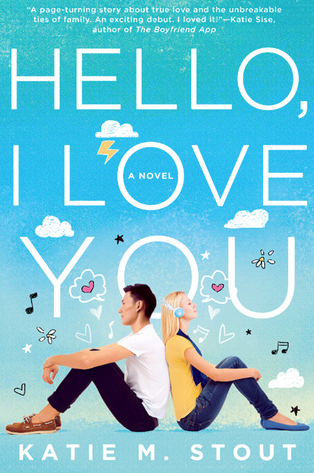
For recent “grown up” SFF fiction, you have Naomi Foyle (Seoul Survivors), Fiona Maazel (Woke Up Lonely) and my friend Gord Sellar (who has mostly written short stories thus far, but to no small acclaim, and with his wife has started translating Korean science fiction). And then there’s stuff like Adam Johnson’s The Orphan Master’s Son (a Pulitzer winner).
Exciting times. It’s hard to believe this is the same Korea I encountered nearly 20 years ago. But it’s great to see so many other people now beginning to “get it”.
